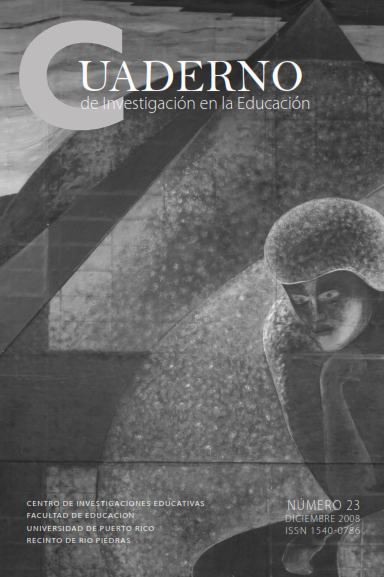Abstract
The purpose of this essay is to demonstrate that the philosophy of dialogism opposes, in a variety of dimensions, to the positivist and instrumental philosophy that dominates western thought, and therefore the educational field. These two philosophies are contrasted along four dimensions: Being, knowledge /understanding, language, and pedagogy, based on Bakhtin‘s and Freire‘s contributions. This contrast is carried out by demonstrating the following theses: 1) Dialogism is a true alternative to positivism regarding the ontological dimension (being-in-relation), epistemological dimension (knowledge that is dialogical, situated, participative and relational), linguistic dimension (language is constitutive of being, knowing, and acting), and pedagogical dimension (dialogical, democratic, critical and transformative); 2) Bakhtin‘s and Freire‘s perspectives on dialogism, with respect to the indicated dimensions, are consistent or at least complementary.
How to cite:
Torres, M. N. (2008). Por qué dialogismo se opone radicalmente al positivismo: Las contribuciones de Mijail Bajtín y Paulo Freire. Cuaderno de Investigación en la Educación, 23, 61-76. Retrieved from https://revistas.upr.edu/index.php/educacion/article/view/13307
The contents published in the Puerto Rico Journal of Education is freely distributed under open access practices, in accordance with the Creative Commons license, Attribution-NonCommercial 4.0 International (CC BY-NC 4.0). Through these principles, the journal and its authors allow readers to access, reproduce and share articles in full text. Users should give credit to authors in a reasonable way without suggesting they have their support. Under no circumstances, readers may make use of the contents for commercial purposes. The authors retain copyright on their works.

